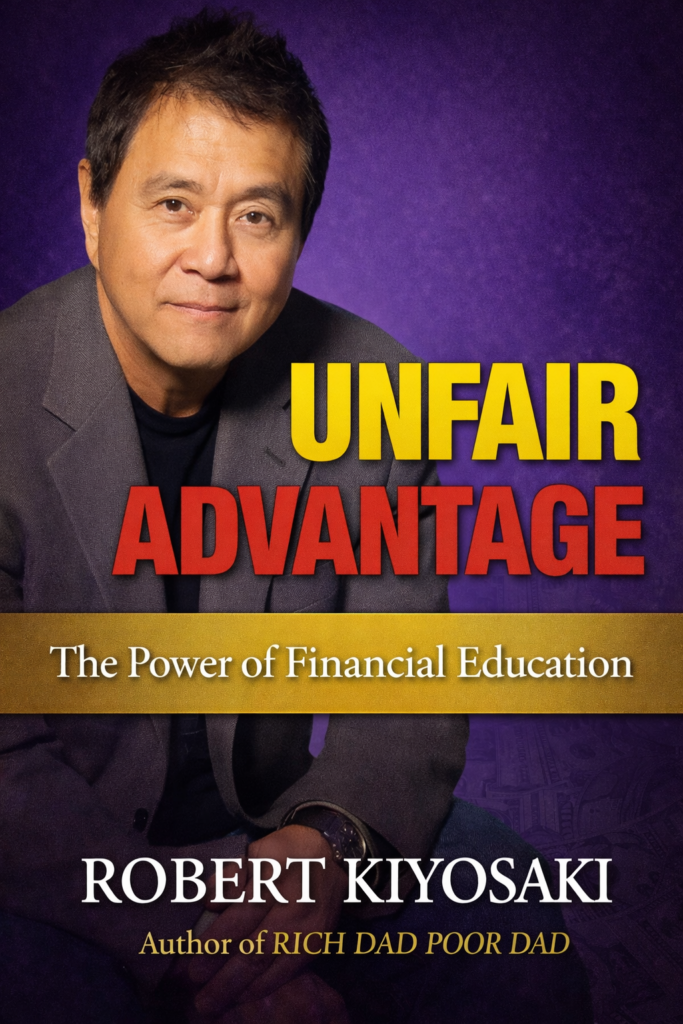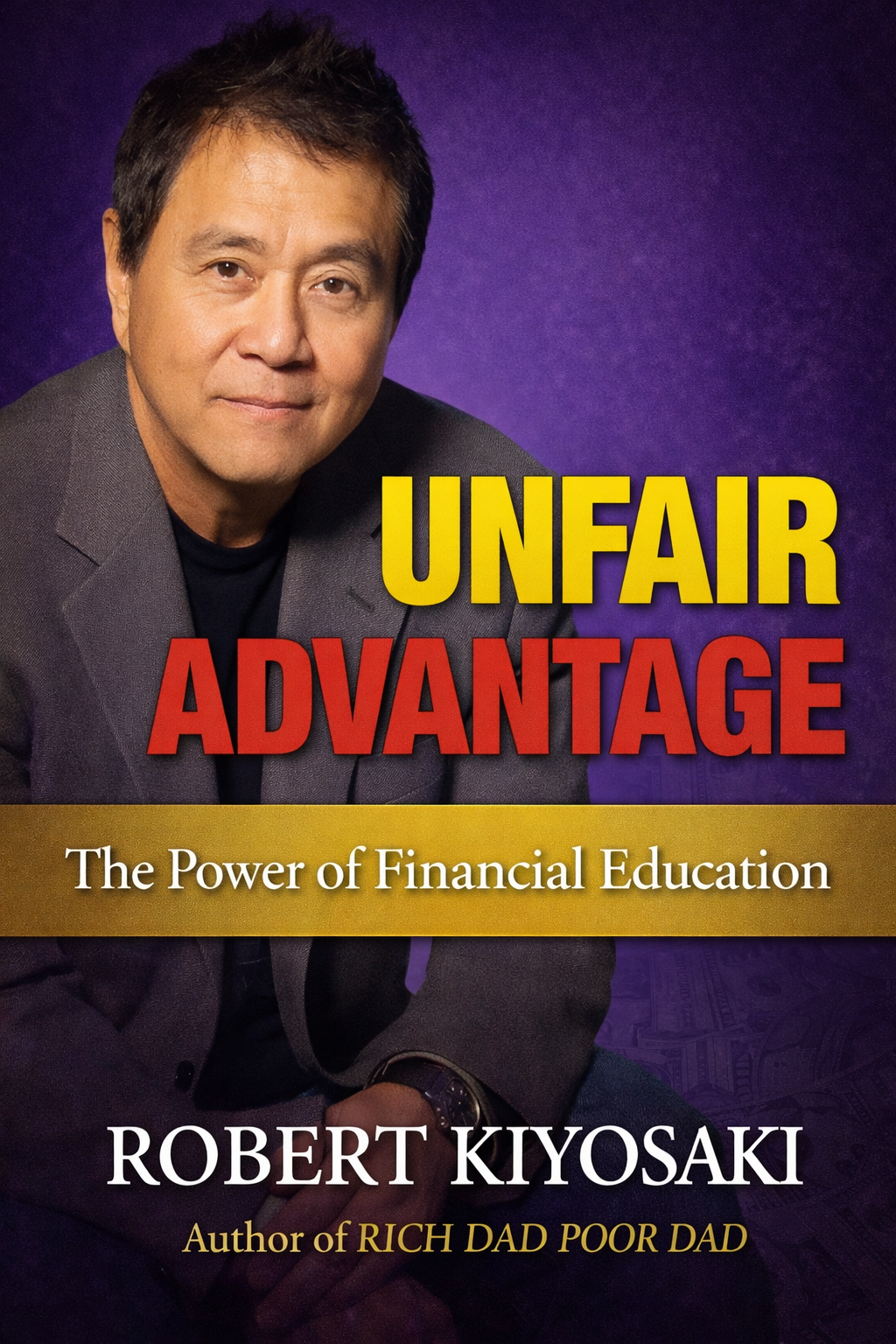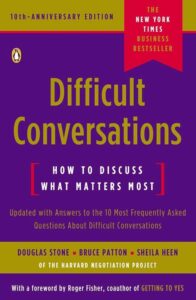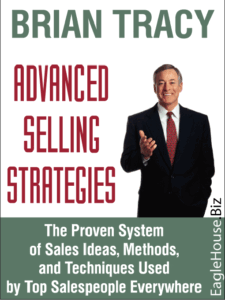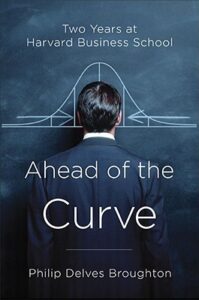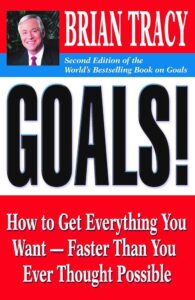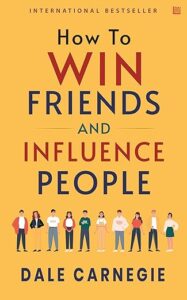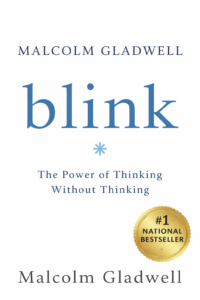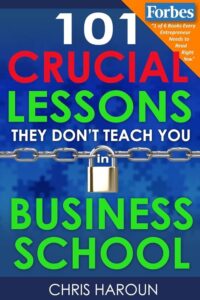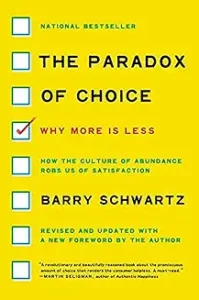Summary
Chapter One: UNFAIR ADVANTAGE #1 — KNOWLEDGE
📖 Mini-Story Recap
Imagine someone with $10,000 asking, “What should I do with it?” Most people, lacking financial knowledge, hand it over to banks, brokers, or advisors who may not know any better—or worse, don’t care. Kiyosaki reveals how millions lost their savings by trusting “experts” who were themselves part of the crash. He shares how even the world’s top firms and financial legends (like Warren Buffett) suffered losses during the 2008 crisis. The lesson? Blind trust is dangerous without your own financial education.
🧠 Key Insight / Mindset Shift
“If you don’t know what to do with your money—don’t ask others. Educate yourself first.”
You are your best financial advisor when you’re financially educated. The traditional investments—stocks, mutual funds, retirement plans—are not always the safest or smartest. The real unfair advantage is knowledge.
✅ Exact Instructions Tim (Robert) Gives
- Never hand your money to others until you know how money works.
- Understand the difference between education and training.
- Most schools “train” for jobs but don’t educate about money.
- Develop your own financial literacy—understand cash flow, taxes, debt, inflation, and markets.
- Question all financial advice—even from “experts.”
🔑 Pointers for Action
- 📚 Start learning about how money really works (read books, listen to real investors).
- 🤔 Before investing, ask yourself: “Do I really understand this asset, or am I guessing?”
- 💸 Don’t follow the crowd—just because everyone invests in mutual funds doesn’t mean it’s right for you.
- 🛑 Avoid letting emotion or trust decide where your money goes. Logic + literacy should guide you.
Takeaway:
The first and greatest unfair advantage you can build is financial knowledge. It lowers risk, increases returns, and helps you avoid being a pawn in the financial system.
📘 Chapter Two: UNFAIR ADVANTAGE #2 — TAXES
📖 Mini-Story Recap
Robert recalls his two dads—the “poor dad” who paid the most in taxes and the “rich dad” who paid the least legally. He explains how the rich use corporations, laws, and knowledge of tax codes to protect and grow their wealth. Most people believe paying taxes is patriotic, but Kiyosaki flips this, showing how smart people pay less in taxes—legally.
🧠 Key Insight / Mindset Shift
The tax code is not about paying taxes. It’s a map to legally avoid them—if you’re educated.
The rich don’t evade taxes—they leverage them.
✅ Exact Instructions Robert Gives
- Learn your country’s tax laws—especially what expenses and investments offer deductions.
- Start a business or corporation—this gives you access to tax advantages employees don’t get.
- Use debt strategically—not just to consume, but to invest in assets that provide deductions.
- Work with accountants who understand how to build wealth, not just file returns.
🔑 Pointers for Action
- 📘 Read books or watch YouTube videos on “corporate taxes,” “business deductions,” and “depreciation.”
- 🧾 Begin tracking your expenses—even if you don’t have a business yet.
- 🗣 Speak with a tax advisor and ask: “What would I need to do to reduce my tax liability legally?”
- 🧠 Don’t just aim to earn more—learn how to keep more.
📘 Chapter Three: UNFAIR ADVANTAGE #3 — DEBT
📖 Mini-Story Recap
Kiyosaki reveals how debt, which most people fear, made him rich. While the poor use debt to buy liabilities (like cars and gadgets), the rich use it to acquire assets (like real estate or businesses). He shares how understanding good debt vs bad debt gave him leverage to scale wealth—without using his own money.
🧠 Key Insight / Mindset Shift
Debt isn’t bad. Ignorance about debt is bad.
Those who fear debt are ruled by it. Those who master debt control it—and grow wealth.
✅ Exact Instructions Robert Gives
- Learn the difference between good debt and bad debt:
- Bad debt = consumer loans for things that don’t generate income.
- Good debt = borrowed money that buys income-generating assets.
- Invest in financial education before borrowing.
- Use Other People’s Money (OPM) smartly—to build assets that pay you back.
🔑 Pointers for Action
- 🧮 Audit your current debt—are they liabilities or assets?
- 💳 Avoid using credit for consumption. Use debt only if it’s backed by financial returns.
- 🏠 Study real estate or other assets that allow you to use good debt effectively.
- 🔑 Remember: debt is a tool. Use it like a scalpel, not a hammer.
📘 Chapter Four: UNFAIR ADVANTAGE #4 — RISK
📖 Mini-Story Recap
Robert recounts how traditional financial advice tells you to avoid risk—diversify, play safe, think long-term. But the truth is, avoiding risk increases risk if you’re financially uneducated. He compares this to a pilot trained only to fly in clear skies—what happens when the storm hits? You need real-world skills to navigate financial storms.
🧠 Key Insight / Mindset Shift
Risk isn’t in the investment. It’s in the investor.
Most people lose money not because the investment was bad—but because they didn’t understand what they were doing.
✅ Exact Instructions Robert Gives
- Stop following average advice (mutual funds, long-term savings) blindly.
- Train like a pilot—learn, practice, simulate different scenarios.
- Take calculated risks by doing your own due diligence.
- Fail fast, fail cheap—and learn with small amounts before going big.
🔑 Pointers for Action
- 🚧 Don’t avoid risk—manage it. Study any asset class deeply before investing.
- 💼 Join a local investor group or club and learn from others’ wins and mistakes.
- 💰 Practice small investments (even simulations) to build confidence.
- 💡 Ask: “What skills do I need to reduce this risk?”
📘 Chapter Five: UNFAIR ADVANTAGE #5 — COMPENSATION
📖 Mini-Story Recap
Robert reflects on how people are taught to work for a paycheck. His “poor dad” believed in job security and steady income. But his “rich dad” taught him that the real wealthy don’t work for money—they make money work for them. The rich design their own compensation structures through business, investments, and royalties, while the poor stay trapped in salary cycles.
🧠 Key Insight / Mindset Shift
The rich don’t earn money. They build systems that generate income 24/7.
Your compensation model determines your wealth potential—change the model, change your life.
✅ Exact Instructions Robert Gives
- Shift from earned income to passive and portfolio income.
- Build a business or invest in one that pays you without trading time for money.
- Learn how to earn through royalties, rents, dividends, or capital gains.
- Ask not “How much will I earn?” but “What systems can I create?”
🔑 Pointers for Action
- 💡 Start small: Sell a product online, build a blog, or invest in a dividend-paying stock.
- 🧠 Read about licensing, real estate, or digital income streams.
- 💰 Reinvest earnings into income-generating assets.
- 🛑 Stop chasing promotions—start building income that doesn’t stop when you do.
📘 Chapter Six: UNFAIR ADVANTAGE #6 — INFORMATION
📖 Mini-Story Recap
Robert explains how those with insider knowledge win while others struggle. He gives examples from real estate, investing, and business where the real money is made when you know what others don’t. The media and mainstream financial advice often serve to protect big institutions—not individual investors. The information gap keeps the rich ahead.
🧠 Key Insight / Mindset Shift
Information is power—only if you can understand and use it wisely.
Wealth comes from having the right information, before the crowd, and taking action on it.
✅ Exact Instructions Robert Gives
- Learn to spot trends and anticipate change.
- Build a network of financially intelligent friends and mentors.
- Don’t blindly trust media or popular news—research and think for yourself.
- Use information to act early, not react late.
🔑 Pointers for Action
- 🔍 Follow unconventional news sources or investor newsletters.
- 📖 Study case studies of past market cycles.
- 🧑💼 Attend workshops or webinars with real investors or entrepreneurs.
- 🧠 Practice analyzing information for opportunities, not just entertainment.
📘 Chapter Seven: UNFAIR ADVANTAGE #7 — WHO YOU KNOW
📖 Mini-Story Recap
Robert emphasizes the power of relationships in wealth creation. He talks about how his network—his “rich dad,” advisors, partners, and even competitors—gave him access to deals, insights, and mentorships most people will never see. Wealth is not just about what you know, but also who you know—and who knows you.
🧠 Key Insight / Mindset Shift
Your net worth is connected to your network.
The financially educated surround themselves with smarter people and leverage relationships—not just knowledge.
✅ Exact Instructions Robert Gives
- Audit your current circle. Are they helping you grow financially?
- Join groups or masterminds with people wealthier or wiser than you.
- Add value to others before asking for help.
- Collaborate, don’t compete—look for win-win opportunities.
🔑 Pointers for Action
- 🤝 Start attending investor meetups, entrepreneur events, or online communities.
- 🗣 Reach out to someone doing what you want to do—ask to learn, not for favors.
- 💬 Practice “value-first” conversations—offer a solution or help before requesting guidance.
- 🌱 Build trust over time, not overnight.
📘 Chapter Eight: UNFAIR ADVANTAGE IN ACTION — Real Estate
📖 Mini-Story Recap
Robert shares how he used his financial education to thrive in real estate—even during the 2008 crash. While others panicked, he scooped up bargains. Why? Because he knew how to evaluate deals, use other people’s money, and apply tax advantages. He wasn’t gambling—he was executing a proven strategy.
🧠 Key Insight / Mindset Shift
Real estate isn’t risky when you’re financially educated—it’s predictable.
The true value lies in understanding cash flow, debt leverage, taxes, and the timing of your moves.
✅ Exact Instructions Robert Gives
- Only buy real estate that produces positive cash flow—immediately.
- Use debt to finance deals—but only if tenants can cover all expenses and generate profit.
- Work with a team (property manager, accountant, lender) to structure deals smartly.
- Study the market before jumping in. Location, timing, and numbers matter.
🔑 Pointers for Action
- 🏘 Learn to read income statements and evaluate real estate ROI.
- 💼 Attend real estate investing seminars (even local meetups or online ones).
- 🧠 Analyze 3–5 local rental listings and compare their cash flow potential.
- 📊 Practice calculating ROI, NOI, and CAP rates—it sharpens your deal instincts.
📘 Chapter Nine: UNFAIR ADVANTAGE IN ACTION — Business
📖 Mini-Story Recap
Robert tells how starting his own business gave him control, tax advantages, and multiple income streams. He explains how most employees are taxed first and paid last—but as a business owner, he could pay expenses, reinvest, and then pay tax. He didn’t work harder; he worked smarter—with systems and people.
🧠 Key Insight / Mindset Shift
A business isn’t a job. It’s a system that multiplies your time and money.
Entrepreneurs create wealth by building scalable systems—not by trading hours for dollars.
✅ Exact Instructions Robert Gives
- Start a business, even small—a side hustle, online shop, or service.
- Use corporate structures (LLC, S-Corp) to benefit from tax laws.
- Reinvest profits into growth or other assets—not consumption.
- Surround yourself with skilled professionals (legal, accounting, sales).
🔑 Pointers for Action
- 🔍 Research how to legally register a small business in your country.
- 📝 Track every expense you spend on learning or building—it might be deductible.
- 📈 Build a basic system: product/service → marketing → sales → delivery → feedback.
- 🧑🏫 Study other entrepreneurs—how they grew, what they outsourced, and what mistakes they made.
📘 Chapter Ten: UNFAIR ADVANTAGE IN ACTION — Paper Assets
📖 Mini-Story Recap
Robert recalls how most people blindly invest in stocks or mutual funds based on TV tips or retirement plans. He didn’t. Instead, he learned technical trading and fundamental analysis, and surrounded himself with real traders. He treated paper assets like a business—not a guessing game.
🧠 Key Insight / Mindset Shift
If you treat paper assets passively, they will passively destroy your wealth.
The stock market can be a goldmine—if you approach it with strategy, tools, and timing.
✅ Exact Instructions Robert Gives
- Educate yourself before you invest a rupee/dollar.
- Learn both fundamental (company performance) and technical (charts, trends) analysis.
- Start with simulations or small trades to practice.
- Avoid mutual funds unless you fully understand the fees, risks, and performance track record.
🔑 Pointers for Action
- 📘 Read “The Intelligent Investor” or similar beginner-friendly stock books.
- 📊 Practice paper trading using apps like TradingView or Investopedia’s simulator.
- 📉 Track at least 3 companies and study their stock movement weekly.
- 💬 Join a community of active traders or investors for real-time discussions.
📘 Chapter Eleven: UNFAIR ADVANTAGE IN ACTION — Commodities
📖 Mini-Story Recap
Robert reflects on how he began investing in commodities like gold and silver—not for quick profit, but as a hedge against inflation and fiat currency collapse. While others mocked or ignored precious metals, Robert quietly accumulated them as insurance. When the economy faltered, commodities soared—and so did his wealth.
🧠 Key Insight / Mindset Shift
Commodities aren’t just investments—they’re protection against government mismanagement.
Paper money can be printed. Gold can’t. Inflation eats savings, but commodities often grow with it.
✅ Exact Instructions Robert Gives
- Study macroeconomics to understand how currency and inflation affect commodities.
- Accumulate precious metals gradually—treat it like wealth insurance, not a flip.
- Watch trends in oil, food, and metals as early signals of inflation or crisis.
- Store commodities safely and legally. Think long-term, not speculative.
🔑 Pointers for Action
- 🪙 Learn the basics of gold/silver investment (bullion vs ETFs vs mining stocks).
- 📉 Compare long-term trends of gold prices to fiat currency purchasing power.
- 💼 Talk to a trusted bullion dealer before buying.
- 📘 Read about historical inflation periods and how commodities reacted.
📘 Chapter Twelve: UNFAIR ADVANTAGE IN ACTION — Entrepreneurship
📖 Mini-Story Recap
Robert shares how entrepreneurship is the ultimate unfair advantage, blending all previous advantages—taxes, debt, risk control, compensation, and freedom. He recalls how his failures in early ventures taught him more than any classroom ever could. Through real-world problem-solving, he built scalable, sustainable wealth.
🧠 Key Insight / Mindset Shift
Entrepreneurs don’t wait for the future—they build it.
The world rewards creators, not consumers. If you want true freedom, learn to build something.
✅ Exact Instructions Robert Gives
- Start with solving a problem—not just making money.
- Build teams and systems. Don’t try to do everything yourself.
- Fail fast, learn fast, fix fast. Your business evolves with your learning.
- Invest in leadership, communication, and negotiation skills—they’re core.
🔑 Pointers for Action
- 💡 Identify a daily frustration or problem you face—could it be your first business idea?
- 🧠 Join entrepreneur meetups or accelerators to expose yourself to startup thinking.
- 📊 Sketch a simple business model canvas to test your idea before launching.
- 🧰 Read The Lean Startup or E-Myth Revisited for practical business-building insights.
📘 Chapter Thirteen: UNFAIR ADVANTAGE IN ACTION — Financial Education
📖 Mini-Story Recap
In this pivotal chapter, Robert ties it all together. He explains how his lifelong commitment to learning about money—from mentors, real-world mistakes, and self-education—became the root of all his unfair advantages. Schools don’t teach this. Financial education isn’t just useful—it’s life-changing.
🧠 Key Insight / Mindset Shift
The more financially educated you are, the less dependent you are—on jobs, the economy, or the government.
Freedom begins when education replaces fear.
✅ Exact Instructions Robert Gives
- Treat financial education as your #1 asset—it pays for life.
- Schedule regular time to read, reflect, and review financial principles.
- Learn by doing: simulate investments, build small ventures, analyze real deals.
- Teach others—teaching reinforces your learning.
🔑 Pointers for Action
- 📚 Commit to reading at least one book per month on money, investing, or entrepreneurship.
- 📈 Track your income, expenses, assets, and liabilities weekly.
- 🗣 Start a money discussion group with friends to share lessons.
- ✍️ Keep a “Financial Learning Journal” to reflect on successes, mistakes, and insights.
📘 Chapter Fourteen: What Is Your Unfair Advantage?
📖 Mini-Story Recap
Robert challenges the reader: What’s your unfair advantage? He explains how everyone has unique experiences, knowledge, and talents that can be turned into wealth—if they stop trying to follow the herd. He reminds us that he wasn’t the smartest kid in school, but he was hungry to learn, try, and grow. That mindset built his advantage.
🧠 Key Insight / Mindset Shift
Your unfair advantage begins when you stop copying and start leveraging your unique self.
Being average is a choice. Your unfair advantage is hidden in your life story, your scars, and your hustle.
✅ Exact Instructions Robert Gives
- Reflect on your strengths, struggles, and unique knowledge—there’s gold there.
- Stop comparing yourself to others. Compete with your past self.
- Find a mentor or community that believes in building, not blaming.
- Take imperfect action—clarity comes through movement.
🔑 Pointers for Action
- ✍️ Write down your 3 biggest life challenges and what you learned—this is often your niche.
- 🧠 Turn personal experience into marketable value: blog, video, product, or service.
- 🗺 Build your own “unfair advantage map” combining your knowledge, network, and skills.
- 🔄 Start viewing mistakes as feedback loops, not failures.
📘 Chapter Fifteen: The Leverage of Learning
📖 Mini-Story Recap
Robert compares two pilots: one trained only in theory, the other with thousands of real flight hours. Guess who survives the storm? The same applies to money. He says financial success isn’t about IQ—it’s about how much you learn, apply, and repeat. Lifelong learning is his most powerful edge.
🧠 Key Insight / Mindset Shift
Leverage doesn’t just come from money—it comes from mastery.
Smart investors and entrepreneurs don’t chase shortcuts. They seek insight, skill, and discipline.
✅ Exact Instructions Robert Gives
- Invest 10% of your time and money in financial learning—always.
- Revisit lessons often—what didn’t click yesterday might make sense today.
- Get uncomfortable. Growth lives there.
- Study cycles: money, markets, and your own behavior.
🔑 Pointers for Action
- 📆 Schedule a weekly “financial learning hour”—non-negotiable.
- 🧩 Create a learning goal every 30 days: taxes, crypto, sales, negotiation, etc.
- 📊 Reflect monthly: What did I learn? What did I apply? What worked?
- 🧠 Join or start a mastermind group for accountability and shared insights.
📘 Chapter Sixteen: The Future of Money
📖 Mini-Story Recap
Robert predicts a world where money as we know it will vanish. With governments printing endless fiat currency, inflation will rise, and savers will suffer. The new money will be financial knowledge, digital currencies, innovation, and resilience. He urges readers not to wait for change—become the change.
🧠 Key Insight / Mindset Shift
Money is evolving. Will you evolve with it—or be left behind?
The new rich won’t be the ones who “worked hard”—they’ll be the ones who understood the rules of the game.
✅ Exact Instructions Robert Gives
- Diversify across asset classes: business, real estate, paper, and digital.
- Follow tech, geopolitical shifts, and monetary policy—they shape the future.
- Focus on agility—being quick, not perfect, wins in chaos.
- Build your brand and knowledge into a currency of trust and value.
🔑 Pointers for Action
- 💻 Explore cryptocurrency, blockchain, and digital economy basics.
- 📡 Stay updated with macroeconomics and monetary trends.
- 🧠 Ask: What future skill can I learn today that the world will pay for tomorrow?
- 🕹 Think like a designer: What problem can I solve in the future economy?
🎯 Conclusion: Set Yourself Free
📖 Mini-Story Recap
Robert ends with a powerful call: Let go of the old ideas—like the monkey holding the fruit in the trap. If you want financial freedom, open your fist. He honors his “poor dad” for being honest and hardworking—but admits his financial education kept him trapped. Now, he offers you a better path.
🧠 Key Insight / Mindset Shift
Freedom isn’t free—it’s earned through awareness, education, and bold decisions.
No school, employer, or government will give you freedom. But you can create it—through financial learning.
✅ Final Instructions
- Question everything you’ve been taught about money.
- Build your personal wealth strategy using real education—not guesswork.
- Let go of fear. Mistakes are tuition.
- Be humble. Be hungry. Be free.
🔑 Final Pointers for Action
- 🧠 Re-read this book yearly—it’s a blueprint for evolving times.
- ✍️ Write your own “Wealth Mission Statement” and revisit it monthly.
- 💡 Begin today. There’s no perfect moment—only a decision to start.


